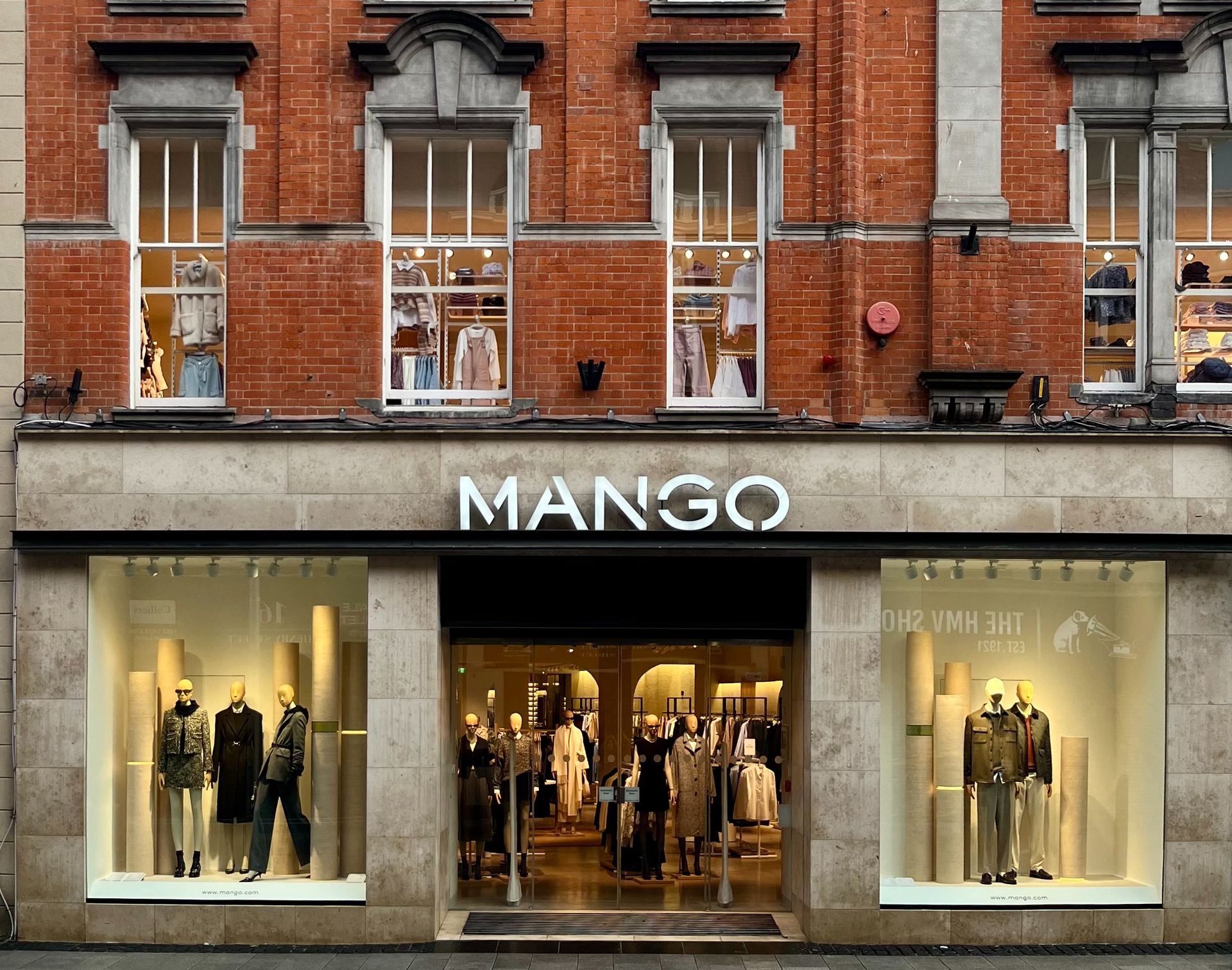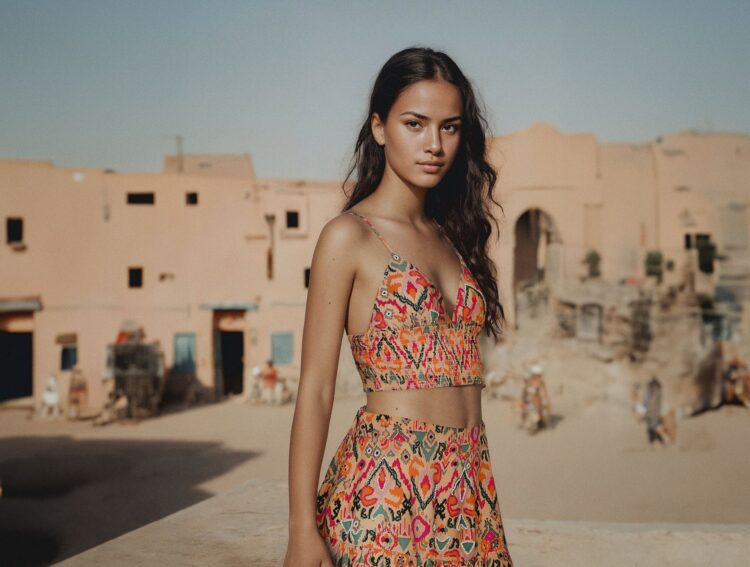Fashion models may have a new competitor, as AI fashion models are stepping into the spotlight in Glossy ads for major brands. Fast fashion brand Mango recently became one of the first to launch AI-driven campaigns. It debuted in July, just before the company revealed its highest revenue in forty years. Toni Ruiz, CEO of Mango, says this shift appeals because it is all about creating content faster. Mango’s initial campaigns used AI fashion models, followed by another launch this month aimed at the teen market, with plans to bring AI glam bots to all future collections.
AI Fashion Models in 2024: Why major brands are making the digital switch
Mango is part of the growing trend of more brands using AI-generated fashion models in advertising. Compared to human models, AI fashion models are much less costly and more efficient to produce. Digital models are cheaper than that; a real model might make $35 an hour. Bloomberg reports that brands like Nike, Louis Vuitton, and Levi Strauss & Co. are also beginning to experiment with AI fashion models, reshaping how brands represent their products to customers.

Mango’s progress toward turning to AI is a long way beyond just digital faces. The brand has invested in the most advanced technology to scale. Jordi Álex Moreno, Mango’s chief technology officer, pointed out that their AI-based mood boards help to generate a unified vision for each outfit. However, these virtual models were trained on specific images to create a look to match Mango’s unique style in a way that keeps its identity intact in a campaign driven by AI.
AI fashion models sparking both innovation and debate
While some see AI fashion models as an inevitable evolution, the shift is stirring up debate within the industry. They argue that real models are removed from fashion, and that’s missing the human element. But in response, Mango says that the company’s push into AI is about augmenting creativity, not replacing it. Mango’s AI integration ‘aims to take mundane tasks off employees’ hands so they can focus on more creative ones,’ according to Moreno. On the other hand, while the company will double its workforce and open more than 30 new stores, this speaks volumes about how it intends to foster growth alongside the technological revolution.
Though other brands are exploring AI in fashion, the reactions differ. For his spring 2024 campaign, Etro’s creative director, Marco de Vincenzo, embraced familiar-feeling scenes from a sci-fi story using AI. But he admitted AI’s allure and insisted the human touch was integral to designing. AI presents itself to De Vincenzo as a new tool for creativity and extra venture rather than extraneous to artistic expression.
As the fashion industry embraces AI, Mango’s foray into AI fashion models highlights how technology transforms content creation. Whether AI fashion models become the norm or remain a tool for selected campaigns, digital avatars undeniably reshape fashion advertising, bringing a fresh edge to an industry that’s always evolving.
Image credit: Mango





